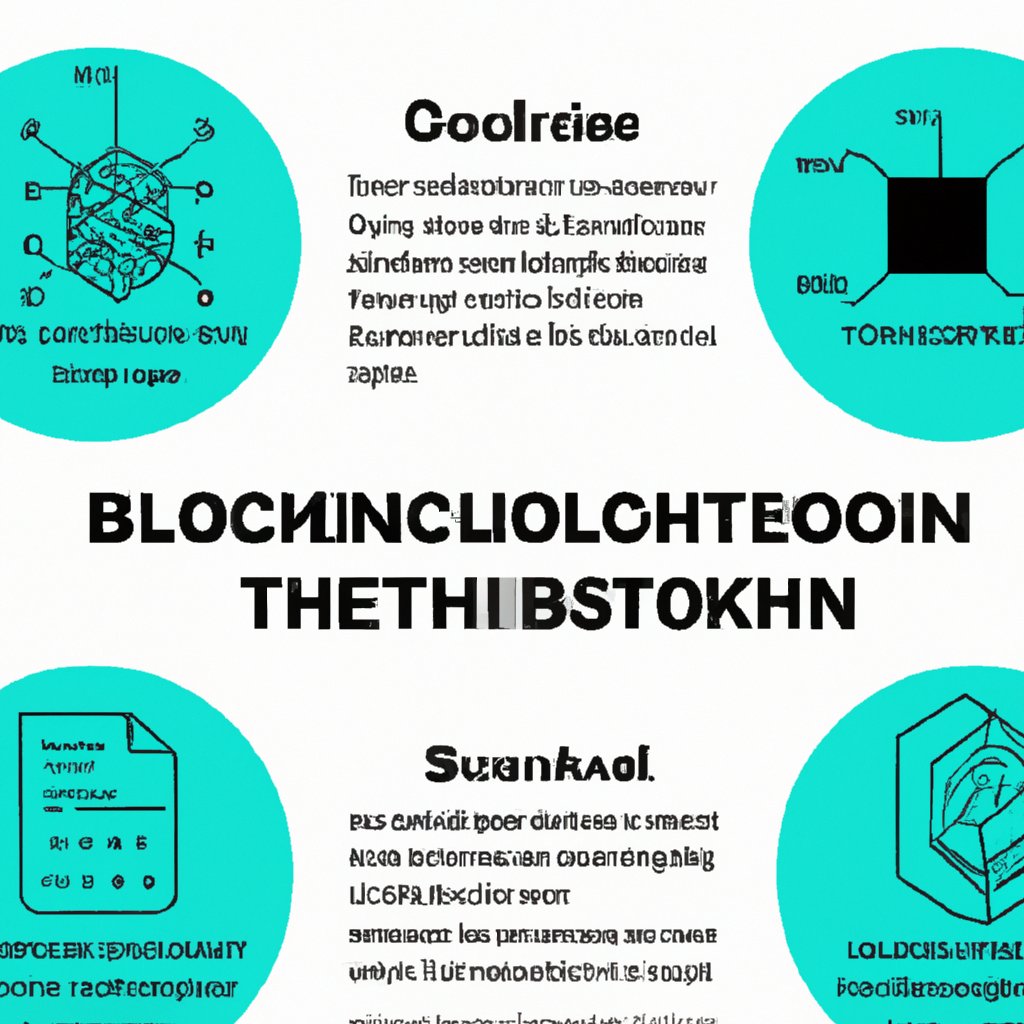Title: Understanding Blockchain Technology: A Guide to its Concepts and Applications
Blockchain technology has gained significant attention in recent years due to its potential to revolutionize the way data and transactions are stored and verified. In simple terms, blockchain is a decentralized and distributed ledger system that securely records transactions across a network of computers. This technology is the backbone of cryptocurrencies like Bitcoin, but its applications extend far beyond digital currencies.
At its core, a blockchain is a chain of immutable blocks, each containing a list of transactions. These blocks are linked together using cryptographic hashes, creating a secure and tamper-proof record of all transactions on the network. The decentralized nature of blockchain means that there is no central authority controlling the data, which enhances transparency and security.
One of the key features of blockchain technology is its consensus mechanism, which ensures that all participants in the network agree on the validity of transactions. This is typically achieved through a process called mining, where network participants compete to solve complex mathematical puzzles to add new blocks to the chain. This process not only secures the network but also incentivizes participants with rewards for maintaining its integrity.
Blockchain technology has a wide range of applications beyond cryptocurrencies. In industries such as finance, supply chain management, healthcare, and voting systems, blockchain can offer increased transparency, security, and efficiency. For example, in supply chain management, blockchain can be used to track the movement of goods from manufacturer to consumer, providing a transparent and tamper-proof record of every transaction along the way.
Moreover, blockchain technology enables the creation of smart contracts, which are self-executing contracts with the terms of the agreement directly written into code. Smart contracts eliminate the need for intermediaries and automatically enforce the terms of the agreement when predefined conditions are met. This can streamline processes and reduce costs in various industries, such as real estate, insurance, and legal services.
In conclusion, blockchain technology has the potential to disrupt traditional systems by offering secure, transparent, and efficient solutions for recording and verifying transactions. As more industries explore the possibilities of blockchain technology, we are likely to see increased innovation and transformation in the way we store and exchange data. Whether it’s through cryptocurrencies, smart contracts, or supply chain management, blockchain is paving the way for a decentralized and trustless future.

Leave a Reply